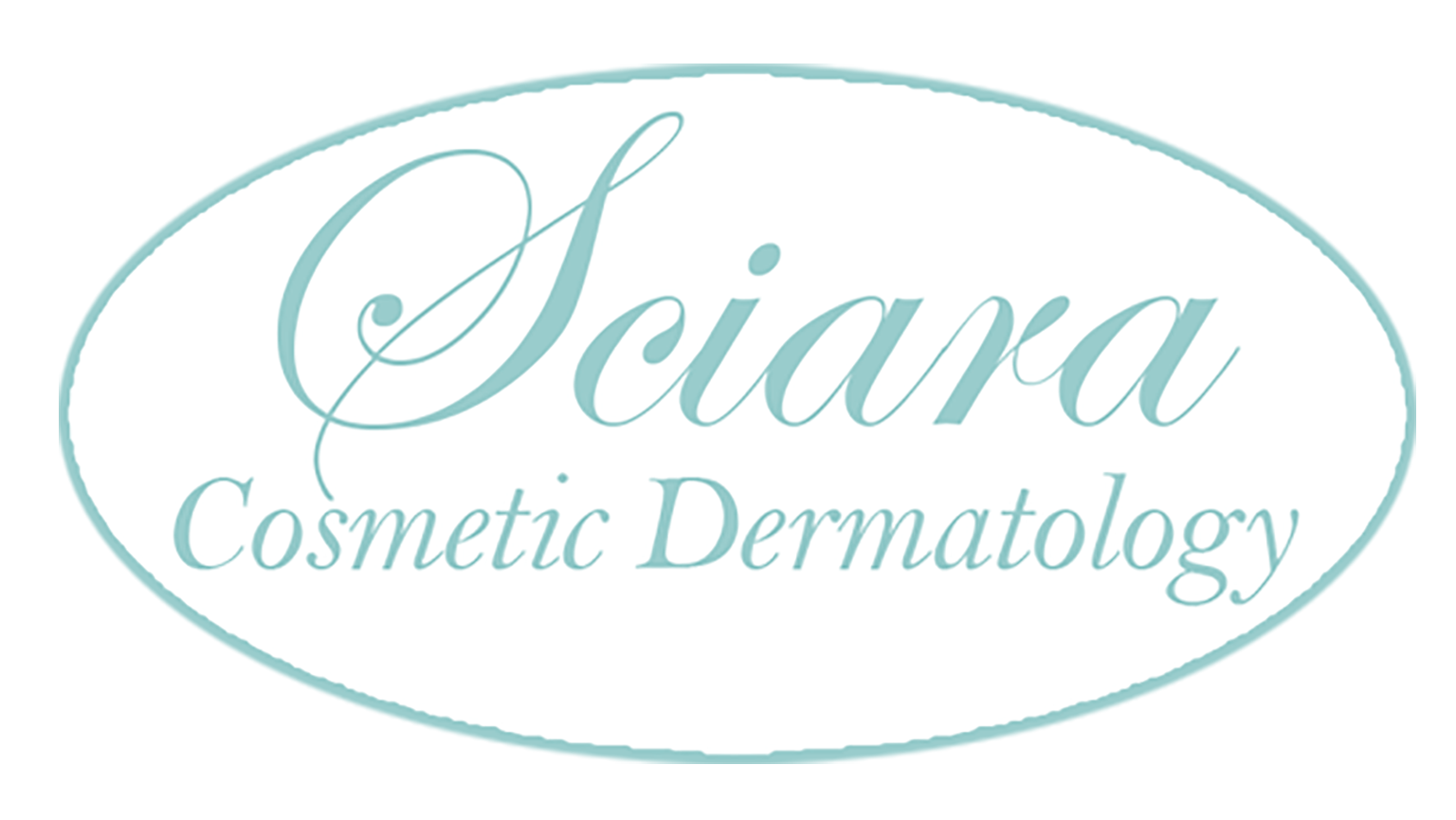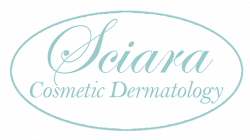What’s a vitamin C serum?
If you have your head in the skin care game, you’ve likely heard of Vitamin C serums.
Vitamin C is touted as one of the best ingredients on the market for pro-aging support — and the key to maintaining a smooth, even, and glowy complexion.
Although you’re probably getting vitamin C in your diet, there’s no way to guarantee it’s going straight to your skin. Using serums and other topical products is the most direct way to reap these benefits.
There are plenty of benefits to using vitamin C on your skin. For example, vitamin C:
- Vitamin C is safe for most skin types and has an excellent safety profile. Most people can use topical vitamin C for an extended period of time without experiencing any adverse reactions. A 2017 review of research notes that vitamin C may cause minor skin irritation in concentrations above 20%. Because of this, its concentration often ranges between 10% and 20% in skin care products.
- Provides hydration – According to a 2017 research review, most healthy skin and organs contain high concentrations of vitamin C, suggesting that vitamin C accumulates in the body from circulation. Topical vitamin C penetrates the skin best in the form of ascorbic acid. Magnesium ascorbyl phosphate, another vitamin C derivative used in skin care, has been shown to hydrate the skin, according to a 2022 review. It decreases transepidermal water loss (TEWL), allowing your skin to retain moisture better.
- Can brighten your skin – Vitamin C can help fade pigmentation and smooth the skin’s surface to reduce dullness. This gives skin a youthful glow. A 2017 review notes that vitamin C use has been shown to impede melanin production. Melanin is the pigment responsible for skin color. Vitamin C can help fade dark spots and hyperpigmentation by inhibiting melanin production. It may also help brighten your skin’s appearance.
- Can reduce redness – Vitamin C has also been shown to act as an anti-inflammatory agent through its antioxidant capacity, according to a 2015 review. This means it soothes your skin and can reduce puffiness. Vitamin C’s anti-inflammatory action may help neutralize free radicals that cause oxidative damage and optimize the immune system to discourage an inflammatory immune response. The anti-inflammatory properties of vitamin C can also help reduce redness, which in turn can create a more even complexion. The combined reduction of dark spots, redness, and irritation makes for a clear, smooth skin tone.
- It helps fade hyperpigmentation -Since it impedes melanin production, vitamin C can fade hyperpigmentation. Hyperpigmentation — including sunspots, age spots, and melasma — occurs when melanin is overproduced in certain areas of the skin. It can also happen in areas where acne has healed. Vitamin C inhibits melanin synthesis by downregulating the activity of an enzyme known as tyrosinase. It’s widely used in dermatology for reducing pigmentation of hyperpigmented spots on the skin. It’s also been used to treat gingival melanin hyperpigmentation (gum hyperpigmentation), though studies are limited.
- It reduces the appearance of under-eye circles – Vitamin C serums can help smooth out fine lines by plumping and hydrating the under-eye area. Although vitamin C is more effective at reducing overall redness, some people say it can help alleviate discoloration associated with under-eye circles.
- It promotes collagen production – Collagen is a naturally occurring protein that depletes over time. Lower levels of collagen can lead to fine lines and wrinkles. Vitamin C is well known for boosting collagen production through the process of collagen synthesis. In fact, collagen synthesis can’t happen without vitamin C.
- It may help prevent skin sagging – Collagen production is tied to skin elasticity and firmness. When your collagen levels begin to drop, your skin may also begin to sag. Applying a vitamin C serum may boost collagen production, resulting in an overall tightening effect, reports a 2017 review. This is true for sagging due to natural aging, oxidative stress damage, or extreme weight loss. This means it can help reduce the appearance of sagging skin, making your skin look firmer and more toned.
- It protects against sun damage – Excessive exposure to oxidant stress via pollutants or ultraviolet (UV) irradiation is associatedwith depleted vitamin C levels in the skin. Vitamin C levels are also lower in more mature or photodamaged skin, though researchers are unsure whether this is a cause or effect.
- It may help soothe sunburns – In addition to minimizing redness, vitamin C accelerates cell turnover, according to a 2017 review. This replaces the damaged cells with healthy new ones.
- It generally helps boost wound healing – Given its effects on sunburn, it should be no surprise that topical vitamin C application can speed up overall wound healing. Healthy wound healing reduces your risk of inflammation, infection, and scarring.
How to use a vitamin C serum
Although topical vitamin C is generally well tolerated, all skin products have the potential to cause side effects.
You should always do a patch test to assess your risk of allergic reaction. Here’s how:
- Select a small area of skin that’s easy to conceal, like your forearm.
- Apply a small amount of product and wait 24 hours.
- If no side effects occur, you can apply it to your face. Discontinue use if you develop a rash, redness, or hives.
When it’s time for a full application, follow the instructions on the product’s label.
It’s possible to have a skin reaction after repeat exposure, so it’s best to introduce new products one at a time, spaced out by a few weeks.
Vitamin C serum is typically applied once or twice per day. A good rule of thumb is to cleanse, tone, apply vitamin C serum, and then moisturize. Be sure to apply skin care products with clean hands.
It can be safely used with other active ingredients, although using alongside products containing niacinamide may make vitamin C less effective.
With Dr. Sciara’s unique multilevel approach and natural artistic talent, she is able to create and celebrate the ageless face. With over twenty years of experience and impeccable ethics, her patients trust her, knowing she treats each and every face as an evolving work of art. Dr. Sciara is literally “Defying the Aging Process”.

